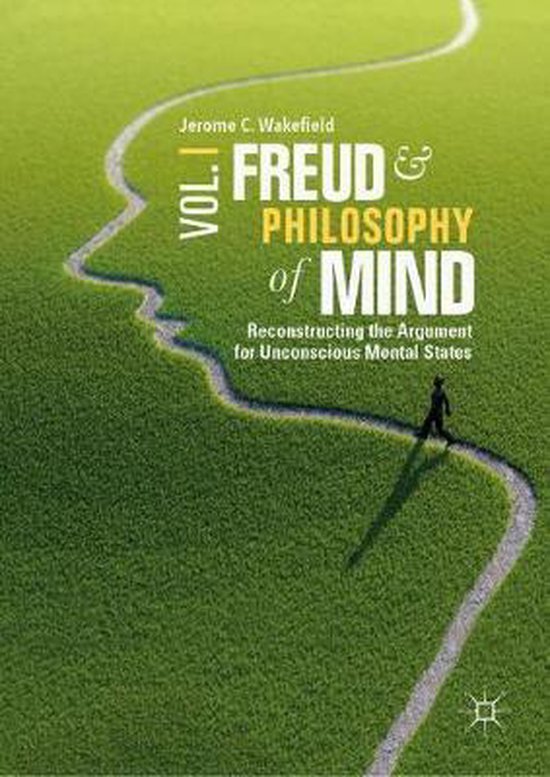
Freud and Philosophy of Mind, Volume 1
This book consists of a focused and systematic analysis of Freud’s implicit argument for unconscious mental states.
This book consists of a focused and systematic analysis of Freud’s implicit argument for unconscious mental states. The author employs the unique approach of applying contemporary philosophical methods, especially Kripke-Putnam essentialism, in analyzing Freud’s argument. The book elaborates how Freud transformed the intentionality theory of his Cartesian teacher Franz Brentano into what is essentially a sophisticated modern view of the mind. Indeed, Freud redirected Brentano's analysis of consciousness as intentionality into a view of consciousness-independent intentionalism about the mental that in effect set the agenda for latter-twentieth-century philosophy of mind.
This book consists of a focused and systematic analysis of Freud’s implicit argument for unconscious mental states. The author employs the unique approach of applying contemporary philosophical methods, especially Kripke-Putnam essentialism, in analyzing Freud’s argument. The book elaborates how Freud transformed the intentionality theory of his Cartesian teacher Franz Brentano into what is essentially a sophisticated modern view of the mind. Indeed, Freud redirected Brentano's analysis of consciousness as intentionality into a view of consciousness-independent intentionalism about the mental that in effect set the agenda for latter-twentieth-century philosophy of mind.
This book consists of a focused and systematic analysis of Freud’s implicit argument for unconscious mental states. The author employs the unique approach of applying contemporary philosophical methods, especially Kripke-Putnam essentialism, in analyzing Freud’s argument. The book elaborates how Freud transformed the intentionality theory of his Cartesian teacher Franz Brentano into what is essentially a sophisticated modern view of the mind. Indeed, Freud redirected Brentano's analysis of consciousness as intentionality into a view of consciousness-independent intentionalism about the mental that in effect set the agenda for latter-twentieth-century philosophy of mind.
This book consists of a focused and systematic analysis of Freud’s implicit argument for unconscious mental states. The author employs the unique approach of applying contemporary philosophical methods, especially Kripke-Putnam essentialism, in analyzing Freud’s argument. The book elaborates how Freud transformed the intentionality theory of his Cartesian teacher Franz Brentano into what is essentially a sophisticated modern view of the mind. Indeed, Freud redirected Brentano's analysis of consciousness as intentionality into a view of consciousness-independent intentionalism about the mental that in effect set the agenda for latter-twentieth-century philosophy of mind.
| Auteur | | Jerome C. Wakefield |
| Taal | | Engels |
| Type | | Paperback |
| Categorie | | Religie, Spiritualiteit & Filosofie |